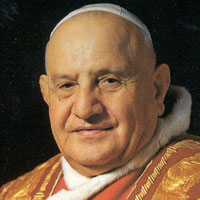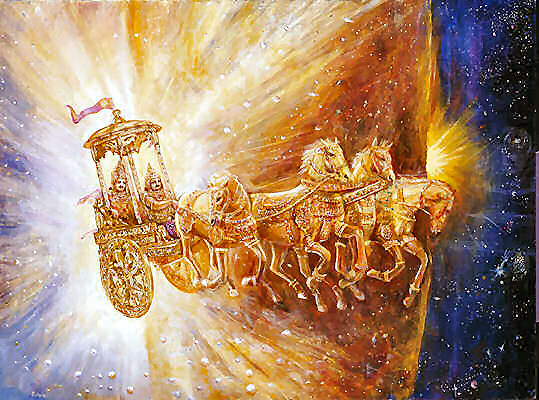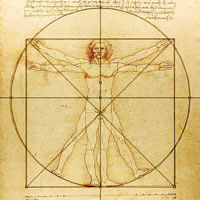The Franciscan papacy is a curious thing. For the first time in my life, the pope is quoted at “mainstream” (read: Establishment) church meetings and functions like it’s the most natural thing in the world.
I conjecture this must be what it was like in earlier times, before Pope Paul VI, before indifference to papal teaching became an established norm in the life of the institutional Church.
On the one hand, I rejoice at this new-found attentiveness to Rome because Pope Francis is our Holy Father. He is our Supreme Pastor, and we are supposed to heed his words, read his writings, and interiorise it all.
On the other hand, I lament that Pope Benedict XVI was not accorded the same treatment. With all due respect to Pope Francis, Pope Benedict is the superior writer and thinker. The local Church would have gained so much if only he was taken seriously.
But the past is the past, and the present points to the future. I thank God, sincerely, that Francis has revived something of the ultramontane spirit in the Australian Catholic Establishment. Ubi Petrus, ibi ecclesia.
Papal encyclicals are the second highest expression of the Supreme Magisterium, after Apostolic Constitutions. The pope’s new encyclical on environmental stewardship, Laudato si, is a very important document, which every Catholic should read — or at least heed. But it is not infallible.
I add that qualification because the secular press has reduced the whole document down to climate change. Behold Tony Jones, who is a paid beneficiary of the climate change industry when he’s not presenting himself as a “balanced” journalist:
It is true that Pope Francis decries climate change and rising sea levels. So did Pope Benedict. But these are not infallible statements. The spectre of anthropogenic climate change is a scientific question, not related to faith and morals, so the Church’s teaching authority does not come into play.
I, for one, am a “climate sceptic.” I’ve studied the science as deeply as a layman can study the science, and I’ve noted that the data-driven climate models which predicted extreme global warming have not been vindicated. Nothing in Laudato si convinces me otherwise, and nor should it.
The pope’s encyclical primarily addresses moral concerns, which every Catholic is obliged to heed and act on. But if you find yourself disagreeing with the pope — not to mention me! — on climate science or other such matters, rest easy. You’re no dissident; you’re simply exercising the intellectual autonomy by which we each glorify God.
Even in matters of faith and morals, Catholics are never called to blind and servile obedience. That’s the stuff of Christian fundamentalism and Islamism. Not that this gives us a license to “loyal dissent” either. On the contrary: Catholics are called to free and thoughtful assent.
[R]eligious submission of mind and will must be shown in a special way to the authentic magisterium of the Roman Pontiff, even when he is not speaking ex cathedra; that is, it must be shown in such a way that his supreme magisterium is acknowledged with reverence, the judgments made by him are sincerely adhered to, according to his manifest mind and will. His mind and will in the matter may be known either from the character of the documents, from his frequent repetition of the same doctrine, or from his manner of speaking.
Lumen Gentium, no. 25.
Read Laudato si. Discern what relates to faith and morals. Weigh up its arguments and pray on them too. Assent is a task of intellect and faith. Recall Peter’s words in John chapter 6, when so many disciples rejected our Lord’s Eucharistic teaching. The Twelve could not possibly fathom what it meant, to eat the flesh and drink the blood of Jesus. But they did not walk away. They responded with supernatural outlook:
“Lord, to whom should we go? You have the words of eternal life.” (Jn 6:68)






Having now read the encyclical,I am in agreement with you Fr John.I am also very much a global warming sceptic.The so called science does not stack up.The part on economics was hopeless.I suspect it may have been written by Cardinal Rodriguez of Honduras.He likes to comment on economics but rarely does anything more than expose himself as an economic illiterate.Anyone who thinks the poor can be dragged out of poverty without economic growth is living in a parallel universe.Having said that,the parts that condemn the death cult(abortion and euthanasia) and population control are entirely appropriate.